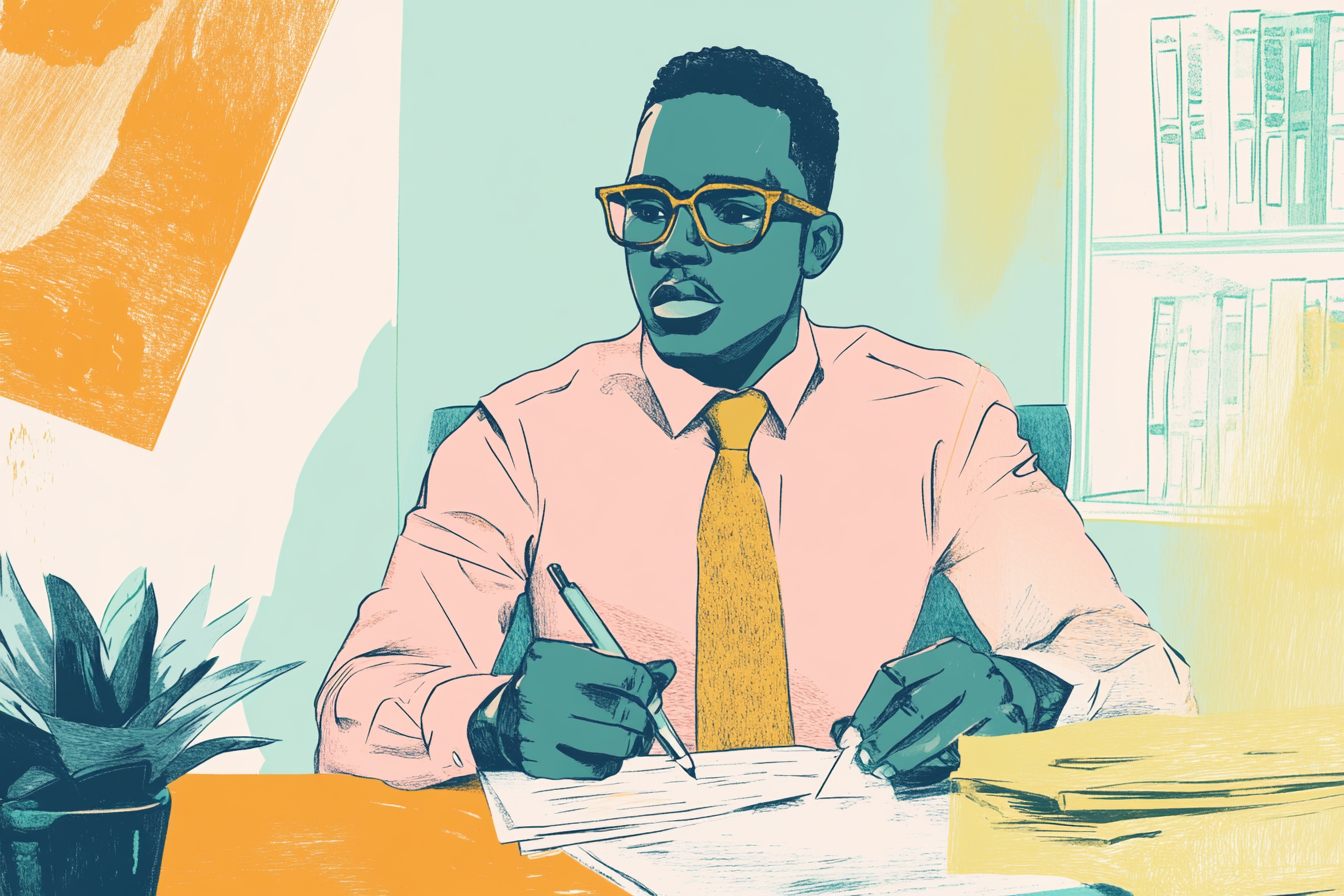A secured loan, sometimes called a collateral loan, is a debt that is backed by an asset you own. The lender has the right to seize the named asset to recover their losses if you don’t repay the loan as agreed. A secured loan is different from an unsecured loan, which bases your eligibility on your credit score, credit history, income, and other factors that show your creditworthiness.
While a secured loan has some benefits, such as helping you obtain a higher loan at a lower interest rate if you use a valuable asset like your home, you must also consider the significant risk associated with it. If you run into financial problems and can’t make your payments, you could lose your home, your car, or another asset you put up against the debt. Here are a few assets typically used as collateral:
- Home or other real estate
- Automobile
- RV
- Boat
- Business assets like equipment and inventory.
- Savings account
- Insurance policy
- Investment portfolio
- Jewelry
The amount you can borrow depends on the value of your collateral. You will need to get your asset appraised to determine its fair market value so the lender can calculate the loan-to-value (LTV) ratio. This is the loan amount compared to the value of your asset. Lower LTVs are lower risk and come with better terms.
Types of Collateral Loans

Some of the most common types of secured loans are:
- Mortgage Loan: Mortgages use your home as collateral, so missing payments puts you at risk of foreclosure.
- Home Equity Loan: If you’ve built up home equity, you can borrow against it by taking out a loan for home renovations and other purposes.
- Car Loan: Taking out an auto loan with the car you plan to buy as collateral means your lender can repossess the car if you default.
- Car Title Loan: Loans that use the title of a car you own as collateral for a short-term loan. Car title loans usually have high interest rates and fees, and a short repayment period of 30 days. They can be a risky choice.
- Personal Loan: A personal loan is a type of loan that allows you to use the money for any purpose, typically secured by a bank account, car, home, or another asset.
While the collateral used to back the loan is a significant part of the approval process, your lender may still do a hard credit check. Most secured loans have fixed interest rates, resulting in equal monthly installments throughout the entire loan term.
Who Should Consider a Secured Loan?
Secured loans are often one of, if not the only, option for borrowers with bad credit or limited credit history, but you could also consider this option to get a lower interest rate or to borrow a larger amount than you could with an unsecured loan.
Pros:
- Easier to access loans with less-than-perfect credit.
- Build your credit through responsible repayment.
- Using collateral may allow you to borrow a higher amount.
- Potential for lower interest rates.
Cons:
- Must have an asset to use as collateral.
- Risk of losing the asset if you don’t repay the loan as agreed.
- Longer processing time.
- Less flexibility in how you use the loan funds.
- Additional steps and verifications are usually part of the application process.
- Funds may take longer to receive than those from unsecured loans.
Never get a secured loan unless you can accept the risk that you could lose your collateral. Unexpected circumstances can alter your financial situation, even if you initially had a plan to manage repayment.
What Happens If You Fail to Repay Your Loan?
If you miss a scheduled loan payment, you may be charged a late fee, and your loan becomes delinquent, meaning it’s past due. Most lenders offer a 30 to 90-day grace period to bring your loan current before it goes into default. Defaulting on your loan can have serious consequences, including damage to your credit, additional fees, and difficulty obtaining future credit. Going into delinquency or default also means the lender can repossess the asset you put up as collateral. The timeline for delinquency, default, and repossession varies by lender, so it’s important to understand the terms before signing.
Where Can You Obtain a Secured Loan?
Banks and credit unions are a great place to start looking for a secured loan if you already have an open account. If you’re looking for a car loan, you can often obtain a loan directly from the dealership. Online loans are another option. Using a loan-matching site is a good way to compare offers from multiple lenders by entering your information once.
Pawn shop loans are also available, but are riskier. Although you can obtain fast cash without a credit check, these loans have short repayment terms and extremely high interest rates.
Is a Secured Loan Right for Me?
Weigh the pros and cons carefully and consider the consequences of losing your collateral if you can’t repay the loan. Determine if you can afford the debt and have a repayment strategy in place. If you decide to take out a secured loan, make sure you communicate with your lender if you find yourself having trouble making payments. Some allow you to adjust your due date or enroll in a hardship program that temporarily defers payments so you can avoid having your assets seized.
You might also be interested in: The Consequences of Missing Loan Payments


